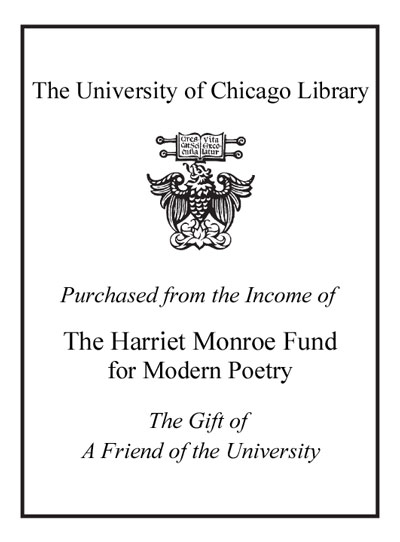The place of scraps /
| Author / Creator: | Abel, Jordan, 1985- author. |
|---|---|
| Imprint: | Vancouver, British Columbia : Talonbooks, 2013. ©2013 |
| Description: | 233 pages : illustrations, portrait ; 23 cm |
| Language: | English |
| Subject: | |
| Format: | Print Book |
| URL for this record: | http://pi.lib.uchicago.edu/1001/cat/bib/9369565 |
| Summary: | George Ryga Award for Social Award: Jordan Abel, The Place of Scraps (Finalist) Drawing inspiration from Barbeau's canonical book Totem Poles, Jordan Abel explores the complicated relationship between First Nations cultures and ethnography. His poems simultaneously illuminate Barbeau's intentions and navigate the repercussions of the anthropologist's actions. Through the use of erasure techniques, Abel carves out new understandings of Barbeau's writing - each layer reveals a fresh perspective, each word takes on a different connotation, each letter plays a different role, and each punctuation mark rises to the surface in an unexpected way. As Abel writes his way ever deeper into Barbeau's words, he begins to understand that he is much more connected to Barbeau than he originally suspected. |
|---|---|
| Item Description: | Poems. |
| Physical Description: | 233 pages : illustrations, portrait ; 23 cm |
| Bibliography: | Includes bibliographical references. |
| ISBN: | 9780889227880 0889227888 |

